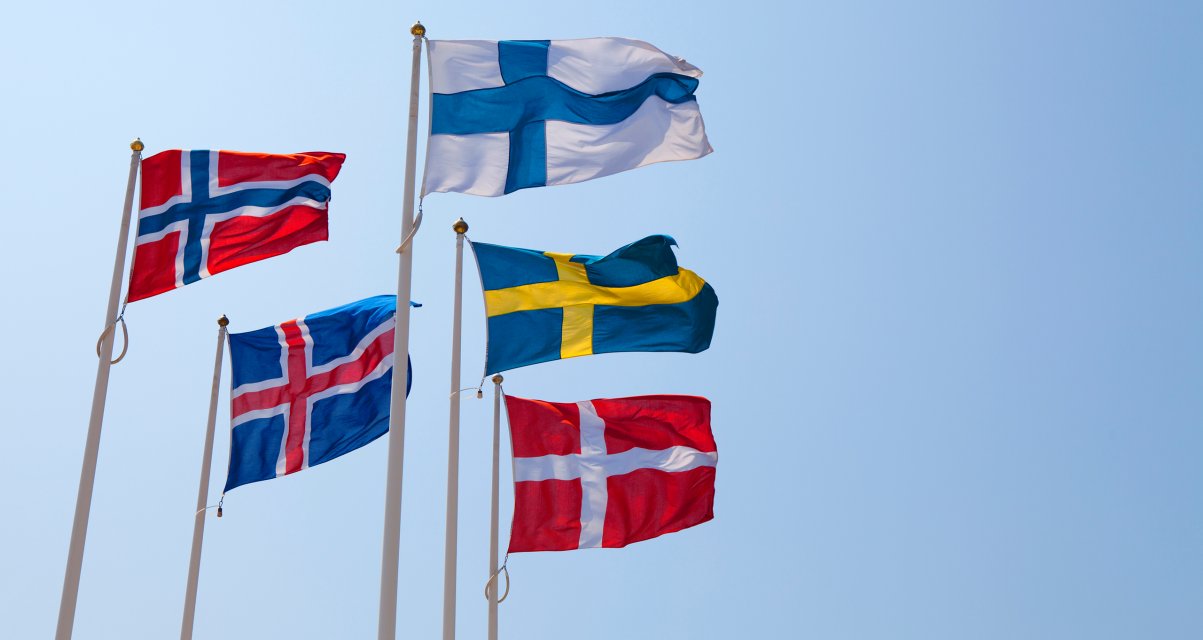Joint Nordic initiative to strengthen academic freedom
Five Nordic trade unions have taken a joint initiative to strengthen academic freedom. They are challenging the politicians who have gathered this week for the Nordic Council in Iceland.

28.10.2024
The Nordic trade unions that organize academic staff at higher education institutions have joined forces to produce a report on the status and challenges for academic freedom in the Nordic region.It is launched at the same time as parliamentarians from all over the Nordics meet for the Nordic meeting in Iceland.
The report is an attempt to collect and present easily accessible information about the conditions for academic freedom, both in terms of legislation and in practice, in the Nordic countries. In addition to presenting a framework for understanding academic freedom as a public good and an international obligation, the report provides an overview of common challenges as well as the distinctive features of each country in its own national chapters from Denmark, Finland, Iceland, Norway and Sweden.
The Nordic countries normally come out very well in global overviews when it comes to academic freedom. This report confirms this to some extent, but also points out some challenges.
The report identifies the following five key points to defend academic freedom in the Nordics:
- Diminished collegial governance and academic autonomy
- External pressures and funding dependence
- Political and ideological influence
- Precarious employment
- Harassment and threats to free expression
Forskerforbundet's president, Guro Elisabeth Lind encourages the Nordic parliamentarians to follow up on the report's recommendations.
– Each of these challenges directly affects academic freedom, which is a fundamental principle of independent research, higher education and democratic engagement. The unions are therefore united in a number of recommendations to Nordic and national politicians. Now I hope the politicians follow through. By securing public funding, resisting political influence, guaranteeing job security, strengthening collegial governance and protecting freedom of expression, the Nordic region can continue to be a role model for academic freedom globally, she says.
